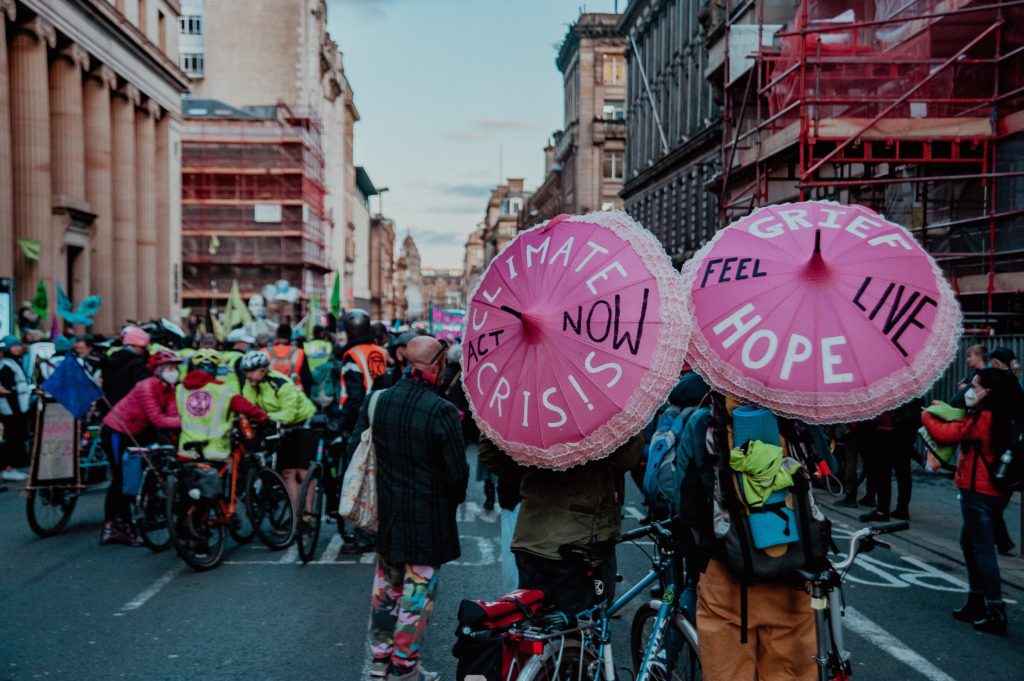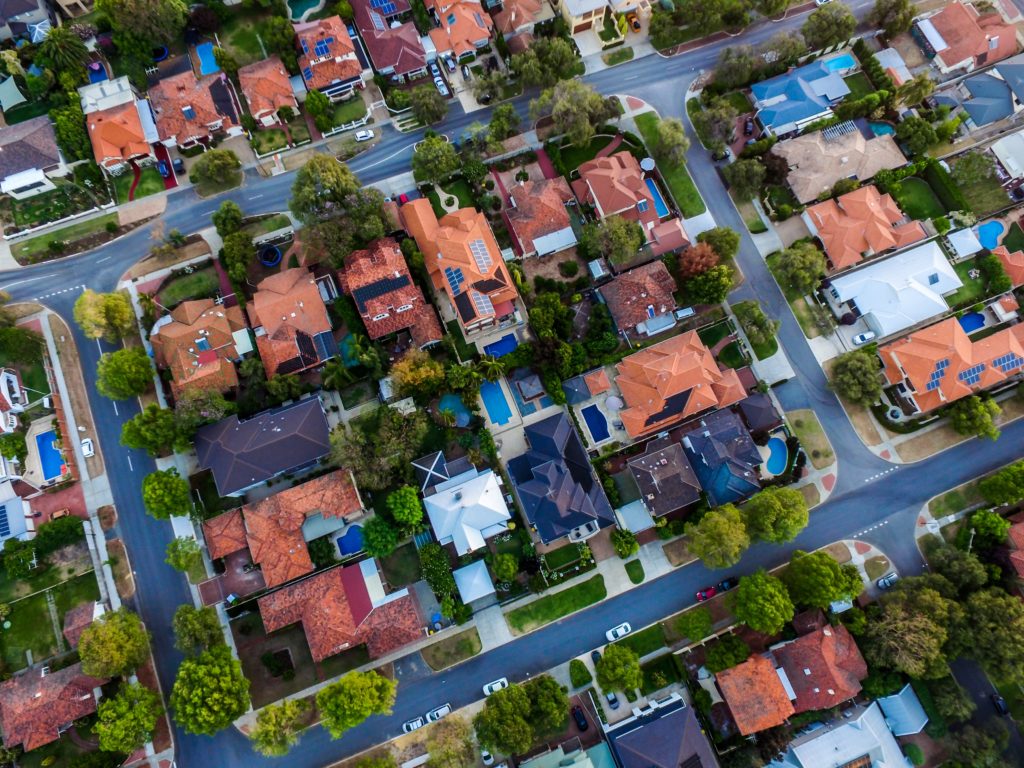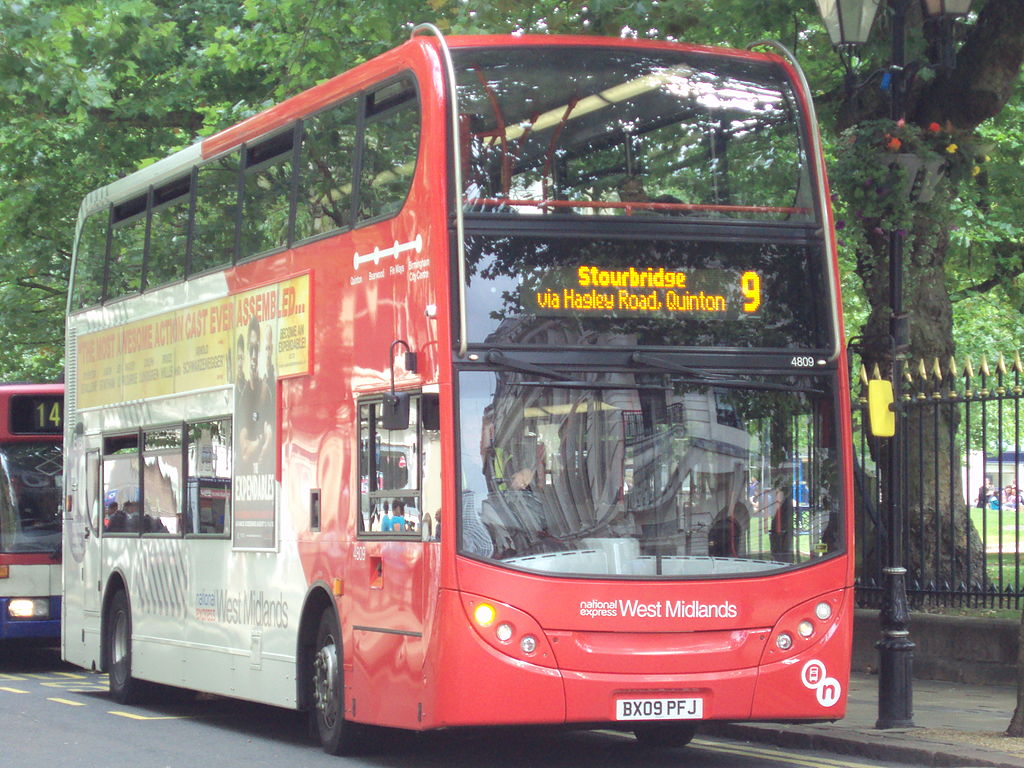
Rafique Annum looks at Birmingham's response to Climate Change, before and after the 2021 United Nations Climate Change Conference (COP26). This blog post was produced for inclusion in the Birmingham Economic Review for 2022. The annual Birmingham Economic Review is produced by the University of Birmingham’s City-REDI and the Greater Birmingham Chambers of Commerce. It is an in-depth exploration of the economy of England’s second city and a high-quality resource for informing research, policy and investment decisions. This post is featured in Chapter 4 of the Birmingham Economic Review for 2022, on place and connecting sustainable communities. Read the Birmingham Economic Review. Visit the WMREDI Data Lab to find out more about Birmingham.
The UN Climate Change Conference (COP26) was held in November 2021 in Glasgow, UK. The conference was attended by 120 world leaders and over 40,000 participants.
The conference’s main goal was to review the implementation of the UN Framework Convention on Climate change, Kyoto Protocol and Paris Agreement and to develop them further.
The conference’s outcome was that all the countries needed to reaffirm the Paris Agreement goals and accelerate their climate change actions. Some important pledges were made, such as to stop deforestation by 2030, for India to become net-zero by 2070 and for all countries to sell zero-emission vehicles globally by 2040 and in leading nations by 2035.
In 2019, ahead of COP 25, the UK became the first major economy to pass the law to reach net zero emissions by 2050. Similarly, local authorities have set their own climate goals and targets. The West Midlands Combined Authority (WMCA) pledged to be the home to the green industrial revolution and be carbon neutral by 2041. Birmingham City Council has developed their own goals through Route to Zero (R20) to be net carbon zero by 2030. Actions are already underway to achieve these goals, and decarbonisation is being promoted in the housing, transportation, energy, and waste sector.
Housing
Priority has been given to new builds and retrofitting existing housing stock to address the net zero goals. Around 7,000 social houses would be constructed in Birmingham by Birmingham Municipal Housing Trust (BMHT) under the agreed environmental standards. These houses would be better insulted and use 80% less energy than the traditional houses. Improving housing energy efficiency would have multiple benefits, including a reduction in energy bills, a reduction in fuel poverty and improved health, especially in fuel-poor and low-income homes.

Transport
The Birmingham Transport Plan was introduced in 2021, which sets out Birmingham’s vision for a sustainable, green, and inclusive transportation network. Decarbonisation in the transportation sector in Birmingham is prioritised through transitioning to electric vehicles, supporting active travel (walking and cycling), promoting public transportation, and managing cars in the city through parking measures. Birmingham City Council has already purchased 20 new hydrogen double-decker buses as part of their Clean Air Hydrogen Bus Pilot. Over £1 billion is being invested in Birmingham’s infrastructure to help people use more sustainable forms of transportation such as public transportation, cycling or walking rather than using their private cars. Plans are underway to install 3,600 EV charging points by 2032 to make switching from petrol and diesel-fuelled vehicles easier.

Energy and Waste
Reducing emissions through energy use is routed in two steps: reducing energy demand and adopting low-carbon technologies to replace fossil-fuel-powered ones. Emphasis has been placed on generating renewable energy through district heating, solar PV and local community projects. The Waste Strategy highlights the importance of maximising recycling, re-using, and minimising waste production. The strategy also shows that Birmingham is currently on its way to becoming a zero-waste city by eliminating waste going to landfills by 2040. The city council has committed to a £44.2 million investment to generate energy from waste at the Tyseley Energy Park (TEP) waste management facility.

Birmingham City Council, WMCA, and the UK government have taken steps to tackle the issue of climate change. Still, they all agree that there is much to be done, and everyone needs to make a collective effort to reduce their environmental impact.
This blog was written by Annum Rafique, Research Fellow City-REDI / WMREDI, University of Birmingham.
Disclaimer:
The views expressed in this analysis post are those of the authors and not necessarily those of City-REDI / WMREDI or the University of Birmingham.
